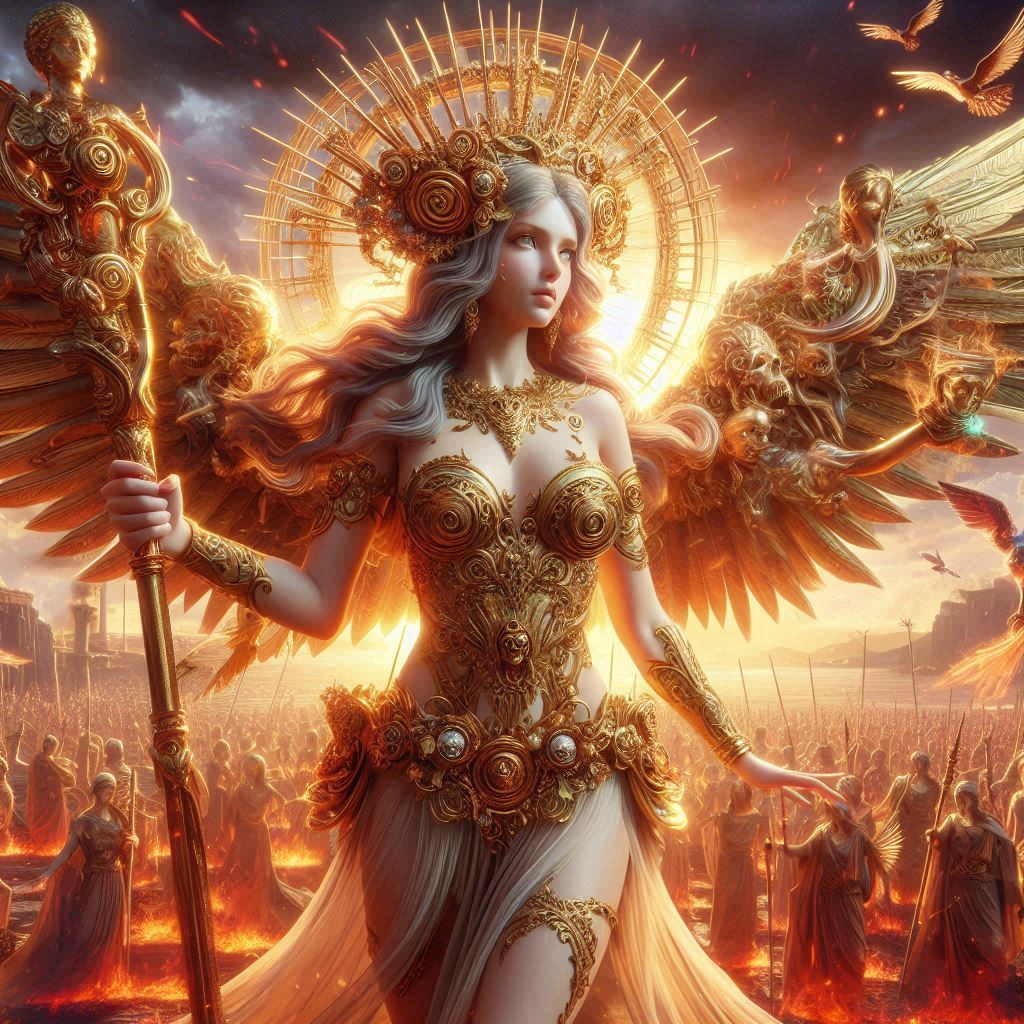Table of Contents
The Legacy of Romance of the Three Kingdoms: A Tale of Strategy, Loyalty, and Ambition
Romance of the Three Kingdoms (三国演义) is an enduring masterpiece of Chinese literature, attributed to Luo Guanzhong and written during the 14th century. It is more than a historical novel; it is a profound exploration of human nature, political intrigue, and the dynamics of power. Set against the tumultuous backdrop of the late Eastern Han Dynasty and the Three Kingdoms period (circa 184–280 CE), the novel portrays the fragmentation of a great empire and the struggles to reunify it. Through its compelling narrative and vivid characterization, Romance of the Three Kingdoms transcends its historical setting to offer timeless lessons on leadership, loyalty, and the human condition.

Historical Context and Structure
The story of Romance of the Three Kingdoms is based on historical records, particularly Records of the Three Kingdoms (三国志) by Chen Shou, yet it is richly embellished with fictionalized elements and folklore. The novel spans nearly a century of Chinese history, chronicling the decline of the Han Dynasty, the rise of warlords, and the eventual establishment of the Jin Dynasty. Luo Guanzhong weaves a complex tapestry of alliances, betrayals, battles, and personal rivalries, illustrating the interplay between individual agency and historical forces.
The novel is structured into 120 chapters, divided into three major sections corresponding to the three titular kingdoms: Wei, Shu, and Wu. These kingdoms represent competing visions of governance and legitimacy, each vying for supremacy. The narrative blends military strategy, political philosophy, and personal drama, making it as much a manual of statecraft as a literary work.
Themes and Motifs
At its core, Romance of the Three Kingdoms is a meditation on the nature of power and the ethical dilemmas that arise in its pursuit. The novel explores several key themes:
- The Fragility of Unity
The opening line of the novel—”The empire, long divided, must unite; long united, must divide. Thus it has ever been”—encapsulates the cyclical nature of political history. This theme underscores the inevitability of change and the transient nature of human endeavors. - Loyalty and Betrayal
Loyalty is a central virtue in the novel, embodied by figures like Guan Yu and Zhuge Liang. However, loyalty is often tested by the harsh realities of war and politics. Betrayal, whether motivated by ambition or pragmatism, serves as a counterpoint, highlighting the moral ambiguities of leadership. - The Role of Strategy
The novel is celebrated for its detailed accounts of military strategy and tactical brilliance. Characters like Zhuge Liang, known for his ingenuity, exemplify the ideal of the scholar-strategist. Strategy is portrayed not merely as a tool of war but as a form of wisdom and foresight. - Human Ambition and Flaws
The central figures—Cao Cao, Liu Bei, and Sun Quan—are richly complex, each embodying different aspects of leadership and ambition. Cao Cao, often depicted as a villain, is also admired for his pragmatism and vision. Liu Bei, idealized for his benevolence, is not without flaws. These multifaceted portrayals challenge readers to consider the moral dimensions of power.
Iconic Characters and Their Legacy
The novel’s enduring appeal lies in its memorable characters, each of whom represents archetypes that resonate across cultures:
- Cao Cao: A figure of Machiavellian cunning and strategic brilliance, Cao Cao’s motto, “I would rather betray the world than let the world betray me,” epitomizes the ruthless pragmatism often required in political survival.
- Liu Bei: The paragon of virtue and legitimacy, Liu Bei strives to uphold Confucian ideals of benevolence and righteousness, even as he navigates the harsh realities of statecraft.
- Zhuge Liang: Revered as the quintessential sage and strategist, Zhuge Liang embodies the ideal of wisdom in service to justice. His mastery of both intellect and diplomacy has made him a symbol of loyalty and perseverance.
- Guan Yu: Deified in Chinese culture, Guan Yu represents unwavering loyalty and martial prowess. His integrity and sense of honor have made him a legendary figure.
Cultural and Philosophical Underpinnings
Romance of the Three Kingdoms is deeply rooted in Confucian ethics, which emphasize hierarchy, duty, and moral conduct. At the same time, it reflects Daoist and Legalist ideas, particularly in its portrayal of the unpredictable nature of human affairs and the necessity of pragmatic governance. The interplay of these philosophies adds depth to the novel’s depiction of its characters and events.
The novel also serves as a repository of Chinese cultural identity. Its proverbs, idioms, and anecdotes have permeated the Chinese language and consciousness, making it a cornerstone of Chinese literary and cultural heritage.
Global Influence and Modern Relevance
While Romance of the Three Kingdoms is a quintessentially Chinese work, its themes and characters have universal appeal. It has inspired countless adaptations, including operas, films, television series, and video games. Its lessons on leadership and strategy are studied by business leaders and military professionals worldwide.
In today’s world, the novel’s insights into political fragmentation, coalition-building, and ethical dilemmas remain strikingly relevant. It challenges readers to reflect on the balance between idealism and pragmatism, the nature of loyalty, and the responsibilities of leadership.
Conclusion
Romance of the Three Kingdoms is more than a historical novel; it is a mirror to the human soul, reflecting the aspirations, flaws, and contradictions that define us. Its intricate narrative and profound themes continue to captivate readers, offering not only entertainment but also a rich source of wisdom. As a literary and cultural treasure, it stands as a testament to the enduring power of storytelling to illuminate the complexities of history and human nature.


No responses yet